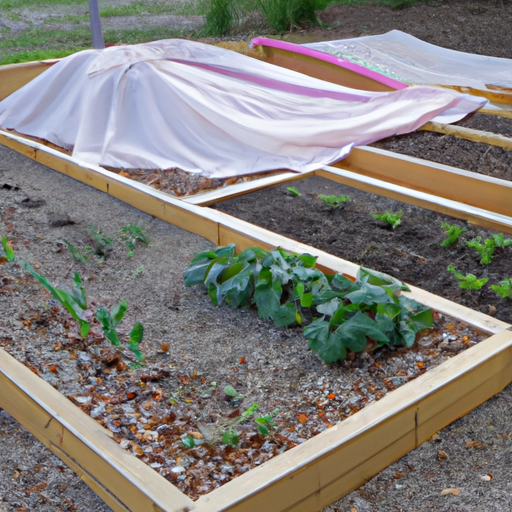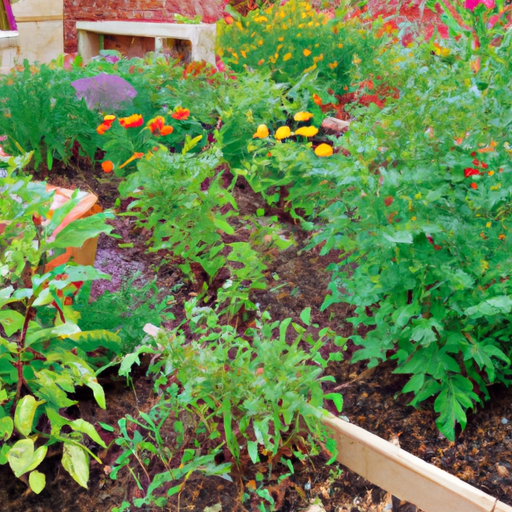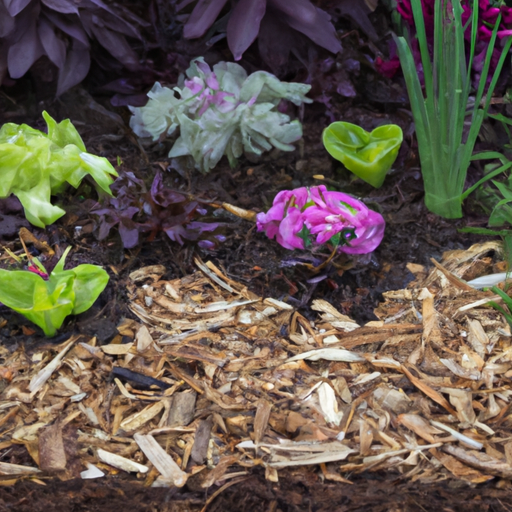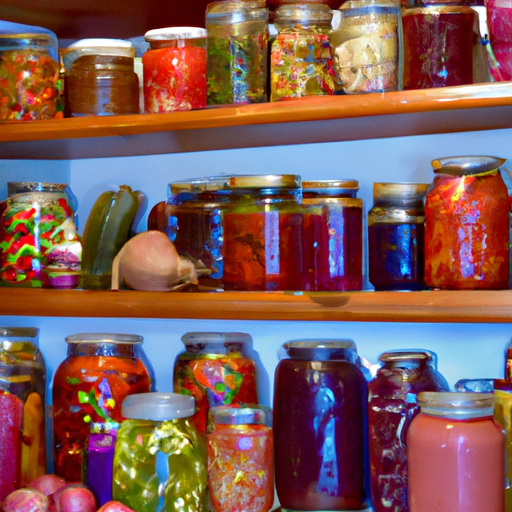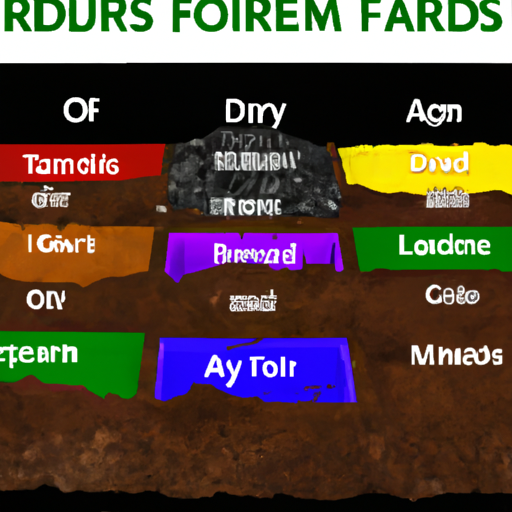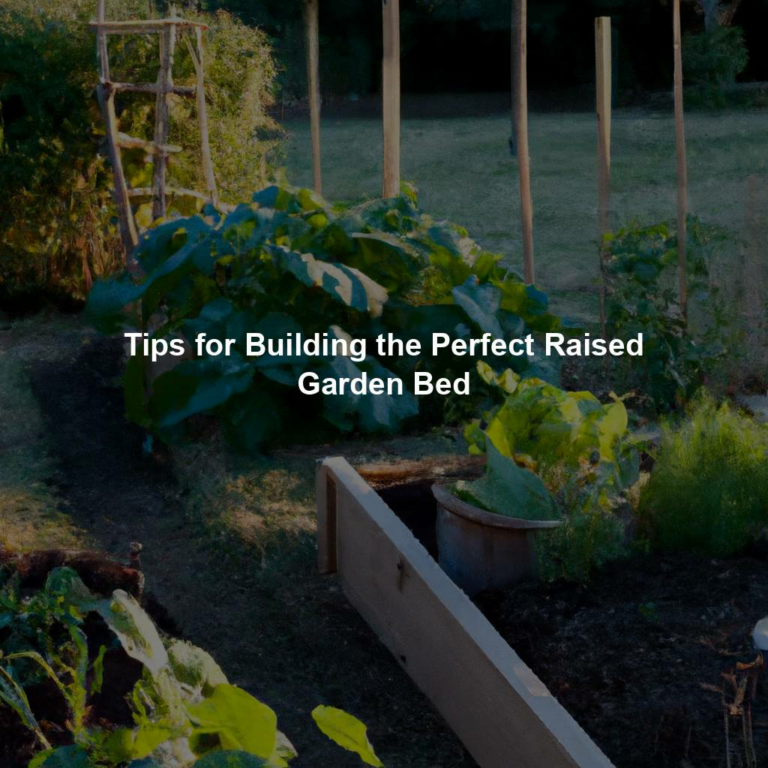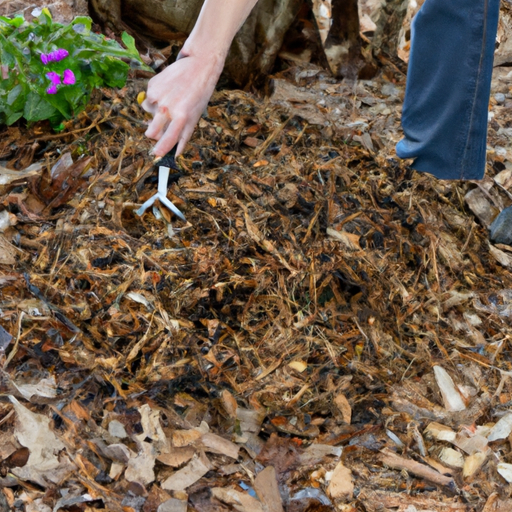Are you tired of waiting for the perfect time to start your garden? With year-round raised bed gardening, you can maintain a thriving garden through all seasons.
As a Master Gardener, I have found that this method allows for greater control over soil quality and pest management.
One benefit of year-round raised bed gardening is its versatility in different climates. In colder regions, it provides protection from frost and snow while allowing for earlier planting in the spring. In warmer areas, it offers shade and moisture retention during scorching summers. Plus, with proper planning and care, you can enjoy fresh produce throughout the entire year instead of just during peak growing season.
Let’s dive into the details of how to maintain your year-round raised bed garden!
Choosing The Right Plants For Year-Round Growth
Did you know that there are over 100 types of vegetables and herbs that can be grown year-round in raised beds? With indoor options, companion planting, and proper care throughout the seasons, your garden can flourish all year long.
As a Master Gardener, I highly recommend choosing plants that are well-suited for your local climate and soil conditions. Consider adding cold-hardy greens like kale, spinach, and lettuce to your bed for winter harvests.
In the warmer months, try growing cherry tomatoes or peppers alongside basil or marigolds as companions to deter pests. Don’t limit yourself to just vegetables either; flowers such as calendula and chamomile have medicinal properties and can add color to your garden.
By carefully selecting a variety of plants with different maturation dates and growth habits, you’ll ensure continuous harvests while also promoting biodiversity in your backyard ecosystem.
Soil Preparation And Maintenance
Now that we have chosen the right plants for year-round growth, it’s time to prepare and maintain our soil.
As a Master Gardener, I cannot stress enough the importance of healthy soil in achieving a successful garden.
One way to improve soil health is through composting techniques. Composting kitchen scraps, leaves, and other organic matter can provide valuable nutrients to your soil while reducing waste. Remember to turn your compost pile regularly to ensure proper decomposition.
Another important aspect of maintaining healthy soil is mulching. Mulch provides numerous benefits such as retaining moisture, suppressing weeds and regulating soil temperature.
Organic materials like straw, wood chips or shredded leaves are great options for mulching beds throughout the seasons. Applying two inches of mulch will help retain moisture during dry spells which means less watering needed from you.
By incorporating these practices into your gardening routine, you’ll be well on your way to cultivating nutrient-rich soil and growing healthy plants all year round!
Watering And Fertilizing Your Garden
As the seasons change, so do the needs of your garden.
Just like how a person needs proper nourishment and hydration to thrive, your plants require adequate watering and fertilization to reach their full potential.
Consider implementing drip irrigation in your raised bed garden as it not only conserves water but also ensures that each plant receives the right amount without wasting any precious resource.
Organic fertilizers are also an excellent way to keep your soil rich with nutrients that will promote healthy growth for all types of vegetation.
By using these methods, you can rest assured that your year-round gardening efforts will yield fruitful results while maintaining sustainable practices.
Pest Management Strategies
Now that you know how to properly water and fertilize your garden, it’s time to discuss pest management strategies.
As a Master Gardener, I always advocate for using natural remedies whenever possible. Companion planting is a great way to naturally repel pests by utilizing the power of scent and taste. For example, planting marigolds alongside your vegetables can deter aphids while also adding color to your raised bed. Additionally, certain herbs like basil and rosemary can help keep insects at bay.
However, if natural methods aren’t enough, there are still other options available such as insecticidal soaps or neem oil sprays. Just be sure to read labels carefully and apply according to instructions for optimal effectiveness.
Remember, maintaining a healthy garden ecosystem is key in preventing pests from becoming a major issue.
Adjusting For Seasonal Changes And Extreme Weather Conditions
As a Master Gardener, it’s important to understand how seasonal changes and extreme weather conditions can impact your year-round raised bed garden.
One way to combat these challenges is through greenhouse gardening, which provides a controlled environment for your plants.
Additionally, crop rotation techniques can help maintain soil health and prevent disease buildup in your beds.
During the colder months, consider planting cold-hardy vegetables such as kale or spinach.
In hotter temperatures, provide shade for sensitive crops like lettuce or herbs.
By adjusting to seasonal changes and utilizing proper techniques, you can keep your garden thriving all year long.
Frequently Asked Questions
Can I Use Raised Beds For Year-Round Gardening In A Cold Climate?
Yes, you can absolutely use raised beds for year-round gardening in a cold climate!
Winter planting is definitely possible with the right techniques and preparations. One important factor to consider is raised bed insulation – this will help keep the soil warm and protect your plants from harsh winter conditions.
There are several materials you can use for insulation, such as straw, leaves, or even recycled plastic bottles. Additionally, choosing cold-hardy crops that can withstand lower temperatures will increase your chances of success during the colder months.
With some careful planning and attention to detail, you can enjoy fresh produce all year long from your raised garden beds.
How Do I Prevent My Raised Bed Soil From Becoming Compacted Over Time?
To prevent raised bed soil from becoming compacted over time, regular aeration and the addition of soil amendments are key. By incorporating these practices into your gardening routine, you can ensure that your plants have access to the nutrients they need to thrive.
Regularly using a garden fork or aerator tool to loosen up the soil will promote healthy root growth and improve water drainage. Additionally, adding compost or other organic matter to the soil will provide essential nutrients for plant growth while also helping to retain moisture in the soil.
As a Master Gardener, it’s important to remember that taking care of your soil is just as important as caring for your plants themselves.
Do I Need To Cover My Raised Beds During Extreme Heat Or Cold?
To ensure optimal growth for your raised bed garden, it’s important to consider extreme weather conditions.
During periods of intense heat or cold, covering your beds can provide protection and maintain soil moisture levels.
Choosing the right cover is key – a breathable cloth or shade netting can prevent overheating while still allowing air circulation.
Additionally, benefits of mulching cannot be understated in controlling temperature fluctuations and retaining moisture.
By using these techniques, you’ll keep your plants healthy throughout the year no matter what nature throws their way!
How Can I Extend The Growing Season For Certain Crops In My Raised Bed Garden?
To extend the growing season for certain crops in your raised bed garden, consider indoor gardening and seasonal planting strategies.
Indoor gardening allows you to control temperature and lighting, giving you more flexibility in when and what you can plant.
Seasonal planting strategies involve choosing crops that thrive during different times of the year, such as cool-weather vegetables like broccoli or lettuce in the fall and winter months.
Additionally, using row covers or cold frames can help protect plants from early frosts, allowing them to continue growing well into the colder months.
With these methods, you can enjoy fresh produce from your raised bed garden all year long!
Are There Any Special Considerations For Using Raised Beds In A Coastal Or High-Altitude Environment?
When using raised beds in a coastal or high-altitude environment, there are some special considerations to keep in mind.
Building materials should be selected carefully to withstand the harsh weather conditions, such as strong winds and salt air near the coast, or extreme temperature changes at higher altitudes.
Irrigation systems must also be adapted to ensure plants receive enough water while avoiding excess moisture that can lead to root rot. Additionally, pest control measures may need to be increased due to the presence of more pests in these environments.
Drainage solutions should also be implemented to prevent waterlogging during heavy rains. By addressing these factors, you can create a successful and thriving raised bed garden no matter where you live.
Conclusion
In conclusion, my fellow gardeners, year-round raised bed gardening is not only possible but highly rewarding! With proper soil maintenance and a few tricks up your sleeve, you can enjoy fresh vegetables and herbs all year long. Don’t let a cold climate or coastal location deter you from pursuing this bountiful hobby.
Remember to treat your raised beds with care and attention, preventing compaction by adding organic matter regularly. Covering them during extreme weather conditions will protect your precious plants from harm. And don’t forget to experiment with season extension techniques such as row covers and cold frames!
As Master Gardeners, we know that the joys of gardening are endless. So why limit yourself to just one season? Take advantage of the benefits that raised bed gardening has to offer and watch your garden thrive throughout the entire year!
Happy planting!
